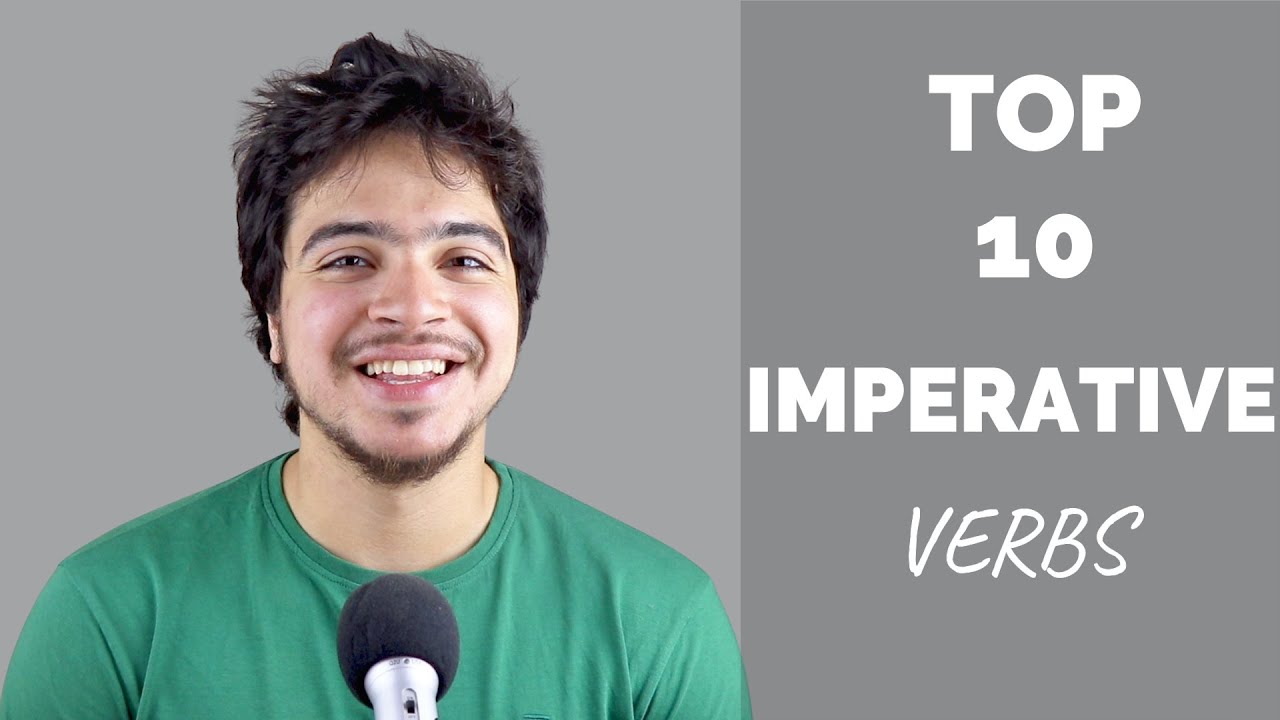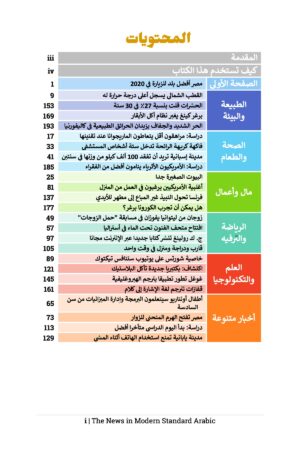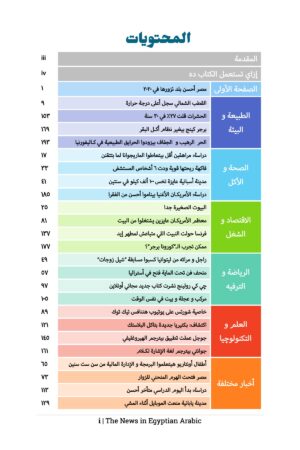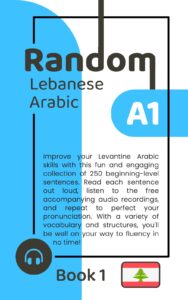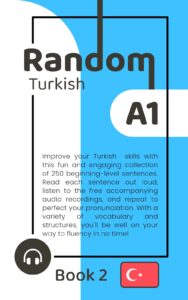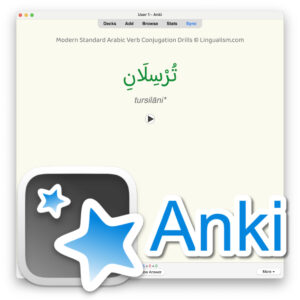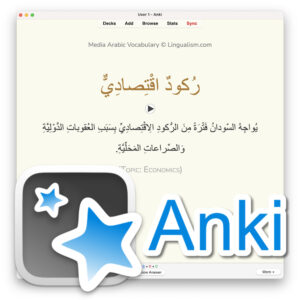Welcome! Today, we will learn the most important imperative verbs in Egyptian Arabic. It is imperative that you know all of them! 😃
Table of Contents
هات
The first one is hāt هات, which can mean ‘give,’ like ‘give me.’ For example, hat da هات ده (Give (me) this!). When I say them together, by the way, this long ā will be shortened. If I add -i ـي to the verb, it will be hāti هاتي; it will be feminine–like I will be addressing a female. And if I add -u ـوا at the end of it, it will be plural–for addressing more than one person: hātu هاتوا. You can do the same thing for any other verb in the imperative.
In Egyptian Arabic, هات can also mean ‘bring.’ For example, I’m calling my friend, and I’m asking her to bring milk when she’s coming, so I say hāti lában ma3āki هاتي لبن معاكي (Bring milk with you!).
And whenever you feel that you’re going to be a little bit too authoritative, you can say law samáɧt لَوْ سمحْت (please), and it will be doing all the magic. For example, hāti lában ma3āki, law samáɧti هاتي لبن معاكي لَوْ سمحْتي (Bring milk with you, please!) So, لَوْ سمحْت is the same: You will add -i ـي to it to make it feminine, and you will add -u ـوا to it to make it plural: law samáɧt لَوْ سمحْت, law samáɧti لَوْ سمحْتي, law samáɧtu لَوْ سمحْتوا. It literally means ‘if you permitted’ or ‘if you allow.’
تعالى
The second imperative in spoken Arabic that we’re looking at today is ta3āla تعالى (Come!). What if I want to address a female, what do I do? I will not be able to say ta3āla-i تعالى+ي because a ى and i ي are both vowels. So, I will just omit the -a ـى and add -i ـي. And to make it plural–to address more than one person–I would say ta3ālu تعالوا. For example, ta3āla hína تعالى هِنا (Come here!). ta3āli 3ála máhlik تعالي على مهْلِك (Come at your own pace! [that is, slowly; no need to hurry]) Here, I’m addressing a female.
hāt هات and ta3āla تعالى are imperative verbs only; they don’t even come in other forms.
Now, I will teach you eight other essential Arabic verbs in their imperative forms, which means that they can come in other forms, but we will only focus on the imperative forms today.
خُد
The next one with us today is xud خُد (Take!). And here comes my mother’s favorite: xud izzibāla m3āk خُد الزِّبالة معاك (Take out the garbage! [with you; that is, on your way out]). zibāla زِبالة means ‘garbage,’ and ma3āk معاك means ‘with you.’ xāɖir, ya māma! حاضِر يا ماما (Yes, mom!)
اِسْتنّى
istánna اِسْتنّى (Wait!) istánna sánya, law samáɧt اِسْتنّى ثانْيَة لَوْ سمحْت (Wait a second, please!).
اِمْشي
ímši اِمْشي (Go!; Walk!; Leave!) It can have any of these meanings. ímši min hína اِمْشي مِن هِنا (Go away [from here]!) اِمْشي already ends in -i ـي, so we just have one form for the masculine and for the feminine–for addressing a male and for addressing a female. And for addressing more than one person, we add -u ـوا: ímšu اِمْشوا (Go!) ahú gih! ímši -nta dilwáʔti أهو جِه! اِمْشي إنْتَ دِلْوَقْتي (There he is! You go now!) Notice that ímši اِمْشي and ínta إنْتَ run together as imšínta. So, I omitted the i- from ínta.
ímši bišwēš اِمْشي بِشْويْش (Go slowly!) It can mean ‘walk’ or even ‘drive’ slowly. And what other words can we use here for ‘slowly’? Right! 3ála máhlak على مهْلك: ímši 3ala máhlak اِمْشي على مهْلك
نام
nām نام (Sleep!) nām bádri innahárda 3ašān fī šuɣl ktīr áwi búkra -ʂʂubɧ, in šāʔ allāh. نام بدْري النّهارْده عشان فيه شُغْل كْتير أوي بُكْره الصُّبْح إن شاء الله (Go to bed early because there is a lot of work tomorrow morning, God willing!)
كُل
kul كُل (Eat!) kúli, ínti ma-kaltīš ɧāga ʈūl innahār كُلي، إنْتي مكُلْتيش حاجة طول النّهار (Eat! You haven’t eaten anything all day!)
اِتْفضّل
itfáɖɖal اِتْفضّل (Go ahead!) And this can also translate as ‘Here you go!’ I can offer you a cup of coffee and say اِتْفضّل (Here you are!). I can just say اِتْفضّل to mean ‘Please, sit down!’ or ‘Come in!’ Or itfaɖɖálu, uʔ3ūdu اِتْفضّلوا، اُقْعُدوا (Please, sit down!) And here, you can make a hand gesture with an open palm, which is much better than pointing with a finger, which is not polite.
بُصّ
buʂʂ بُصّ (Look!) buʂʂíli w ána batkallímak بُصِّلي و أنا بتْكلِّمك (Look at me when I’m talking to you!)
buʂʂ báʂʂa 3ála -lmakān kída w ʔúlli ʔēh ráʔyak. بُصّ بصّة على المكان كِده و قُلّي أيْه رأْيَك (Take a look at the place and tell me what you think!)
حاسِب
ɧāsib حاسِب (Watch out!; Pay attention!; Be careful!) ɧāsib il3arabíyya حاسِب العربية (Watch out for the car!)
It can also mean ‘pay,’ as in ‘pay a bill.’ ɧasbí-nti -lmarrādi 3ašān nisīt ilfilūs fi -lbēt حاسْبي إنْتي المرّة دي عشان نِسيت الفِلوس في البيْت (You pay this time because I forgot the money at home!)


